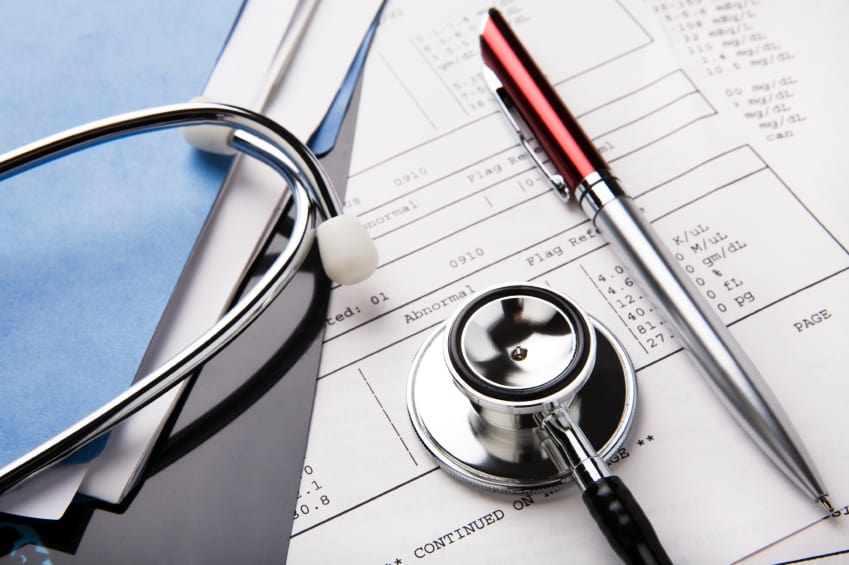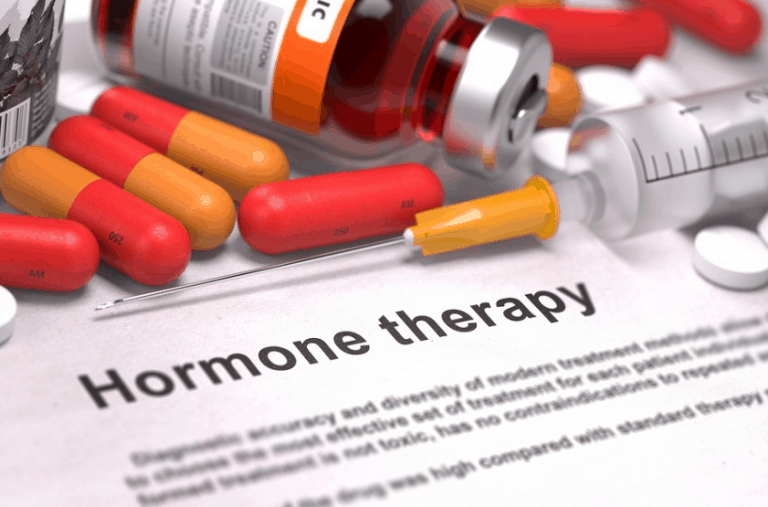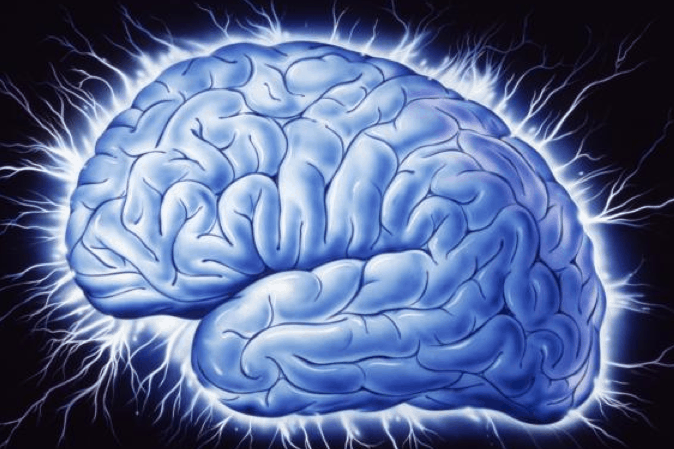One of the most important things men need to know about the symptoms of prostate cancer is that there often aren’t any, at least not during the early stage. This is perhaps the main reason why men need to be screened for prostate cancer, since it’s entirely possible to have the disease and experience no symptoms.
Early detection allows men to chose from more treatment options, and in fact often no treatment is necessary at all except for active surveillance.
When men do experience symptoms of prostate cancer, they are similar to those for BPH (an enlarged prostate) and prostatitis, so it’s easy for you to assume that you have one disease when you could actually be suffering from something more serious. If you have any of the following symptoms, see your physician immediately.
- Strong urge to urinate immediately
- Difficulty starting the urinary stream
- A weak urinary stream once it starts
- Dribbling after you think you’re finished
- Frequent nighttime urination
- Pain and/or burning when you urinate
- Pain in the genital and pelvic area
- Pain when you ejaculate
- Frequent urinary tract infections
- Blood in your urine or semen
- Unexpected weight loss
- Anemia
- Fatigue
- Pain in the lower back or abdomen
Having several or more of these symptoms does not automatically mean you have prostate cancer, an enlarged prostate, or prostatitis. Other possibilities include urinary tract infection, granulomatous prostate, and degenerative joint or skeletal diseases that mimic spread of cancer to the skeleton. That’s why it’s so important for men who are experiencing any of these symptoms to see their healthcare provider to get an examination and screened for prostate cancer.
Read more in our Prostate Cancer Health Center







